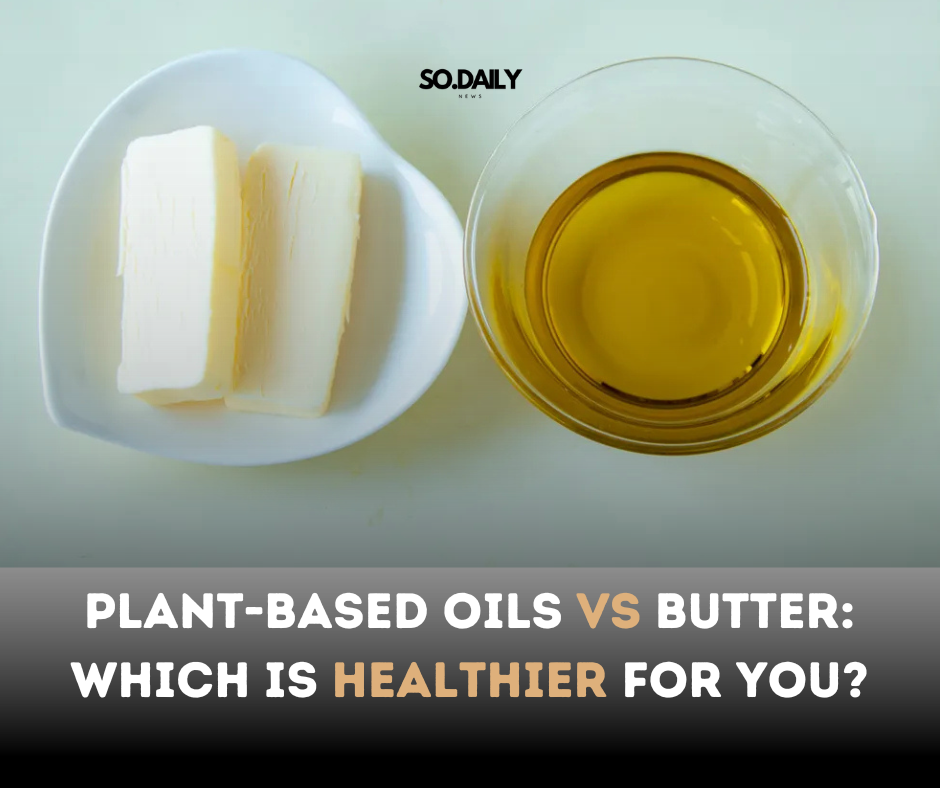Recent studies have shed light on the health implications of consuming butter compared to plant-based oils. Research indicates that opting for plant-based oils over butter may lead to significant health benefits, including a reduced risk of premature death.
Health Risks Associated with Butter Consumption
Butter is rich in saturated fats, which have been linked to increased levels of low-density lipoprotein (LDL) cholesterol—a known risk factor for cardiovascular diseases. A comprehensive study involving over 200,000 U.S. adults over three decades found that higher butter intake was associated with a 15% increase in total mortality risk. Specifically, each additional 10 grams of butter consumed daily correlated with a 12% higher risk of death from cancer.
Benefits of Plant-Based Oils
In contrast, plant-based oils such as olive, canola, and soybean oils are abundant in unsaturated fats and antioxidants. The same study revealed that participants with higher consumption of these oils experienced a 16% reduction in overall mortality risk. Moreover, replacing 10 grams of butter per day with plant-based oils was linked to a 17% decrease in both total and cancer-related mortality risks.
Mechanisms Behind the Benefits
The health advantages of plant-based oils are attributed to their composition. Unsaturated fats, prevalent in these oils, have been shown to lower LDL cholesterol levels and reduce inflammation, thereby decreasing the risk of heart disease. Additionally, antioxidants present in these oils combat oxidative stress, a factor implicated in cancer development.
Dietary Recommendations
Experts suggest that even modest dietary changes, such as substituting butter with plant-based oils, can yield substantial health benefits. For instance, using olive oil as a dressing or opting for canola oil in cooking can be simple yet effective strategies. However, it’s essential to consider the overall dietary pattern, emphasizing whole foods and balanced nutrition.
